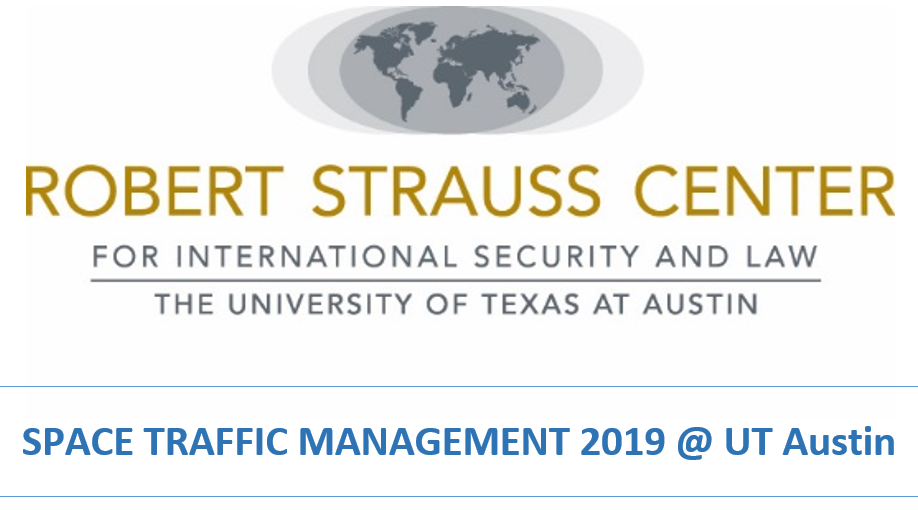Presentation Type
Paper (supporting PowerPoints may be added as Additional Files)
Location
Bass Auditorium
Start Date
27-2-2019 10:45 AM
Abstract
The discussion regarding STM has been accelerated due to the US policy decision of taking the lead of international discussion in Space Policy Directive 3 (SPD3). It is necessary to solve the following 3 issues to install STM in global sphere; the SSA data sharing; space debris mitigation management; and traffic management regulations.
This paper will be focusing on the 3rd issue, traffic management regulations, and firstly describe the reason of inherent reluctance of States to control the outer space based on the fundamental principle of international space law. The States sovereignty is always the dominant in the territorial area of land, sea or air space and that dominance provides them their incentives to regulate and control the area. To the contrary, the outer space is not entitled to State sovereignty, because of the prohibition of State appropriation by the Outer Space Treaty, thus States will not bear costs and responsibilities to control that area likewise the other territorial area. This legal nature of the outer space consists the cause of embarrassment among the space community to stepping into regulating the area. Based on this circumstance in regulatory field, this paper will aim to reiterate the necessity of consolidating technical best practices of current operators as a bottom-up approach for forming decent international regulatory criteria. The paper will also touch upon the recent STM discussions in Japanese space community confounded by the embarrassment of the international community.
Area of Interest
Current Initiatives
Biographies
PPT_in_PDF_format_final
STM in the Nature of International Space Law
Bass Auditorium
The discussion regarding STM has been accelerated due to the US policy decision of taking the lead of international discussion in Space Policy Directive 3 (SPD3). It is necessary to solve the following 3 issues to install STM in global sphere; the SSA data sharing; space debris mitigation management; and traffic management regulations.
This paper will be focusing on the 3rd issue, traffic management regulations, and firstly describe the reason of inherent reluctance of States to control the outer space based on the fundamental principle of international space law. The States sovereignty is always the dominant in the territorial area of land, sea or air space and that dominance provides them their incentives to regulate and control the area. To the contrary, the outer space is not entitled to State sovereignty, because of the prohibition of State appropriation by the Outer Space Treaty, thus States will not bear costs and responsibilities to control that area likewise the other territorial area. This legal nature of the outer space consists the cause of embarrassment among the space community to stepping into regulating the area. Based on this circumstance in regulatory field, this paper will aim to reiterate the necessity of consolidating technical best practices of current operators as a bottom-up approach for forming decent international regulatory criteria. The paper will also touch upon the recent STM discussions in Japanese space community confounded by the embarrassment of the international community.




Comments